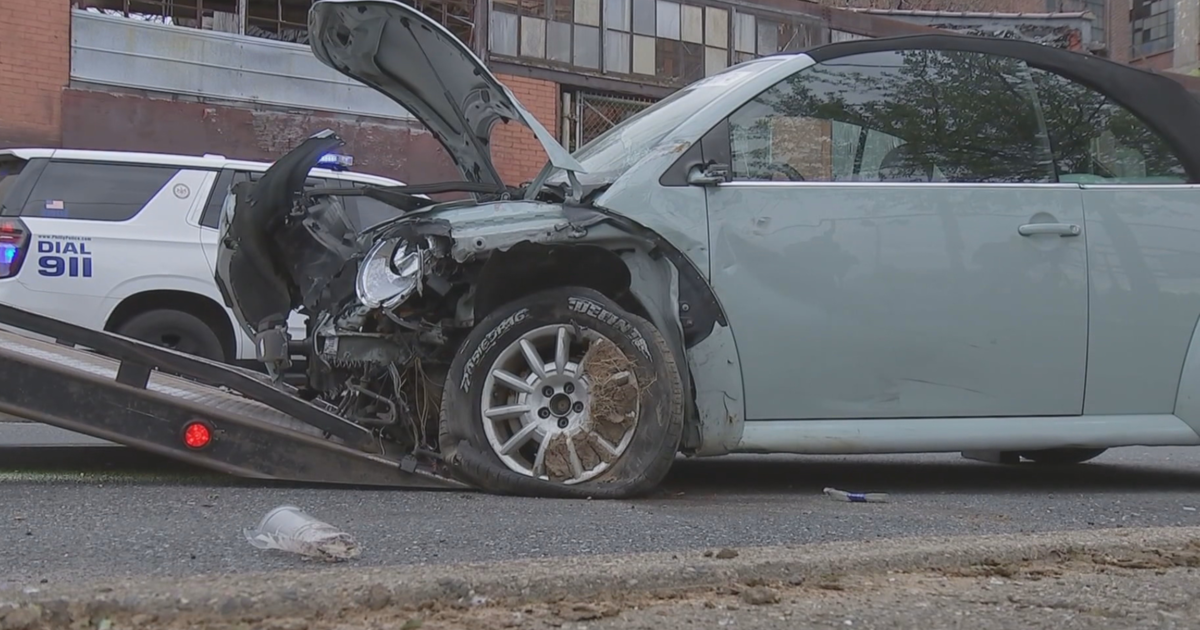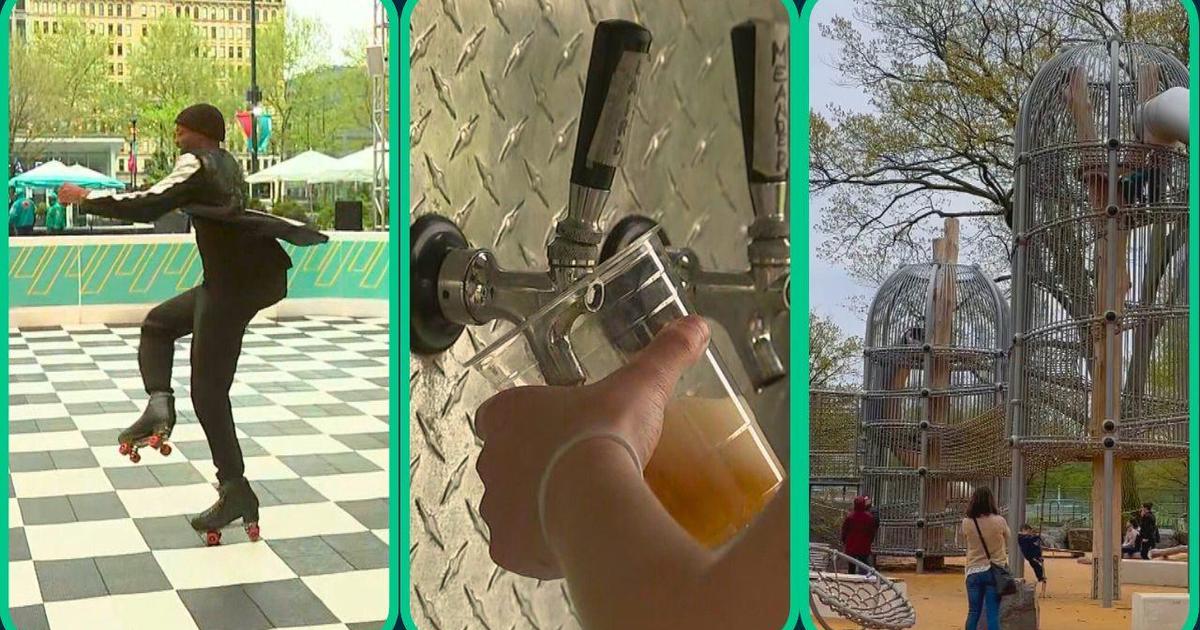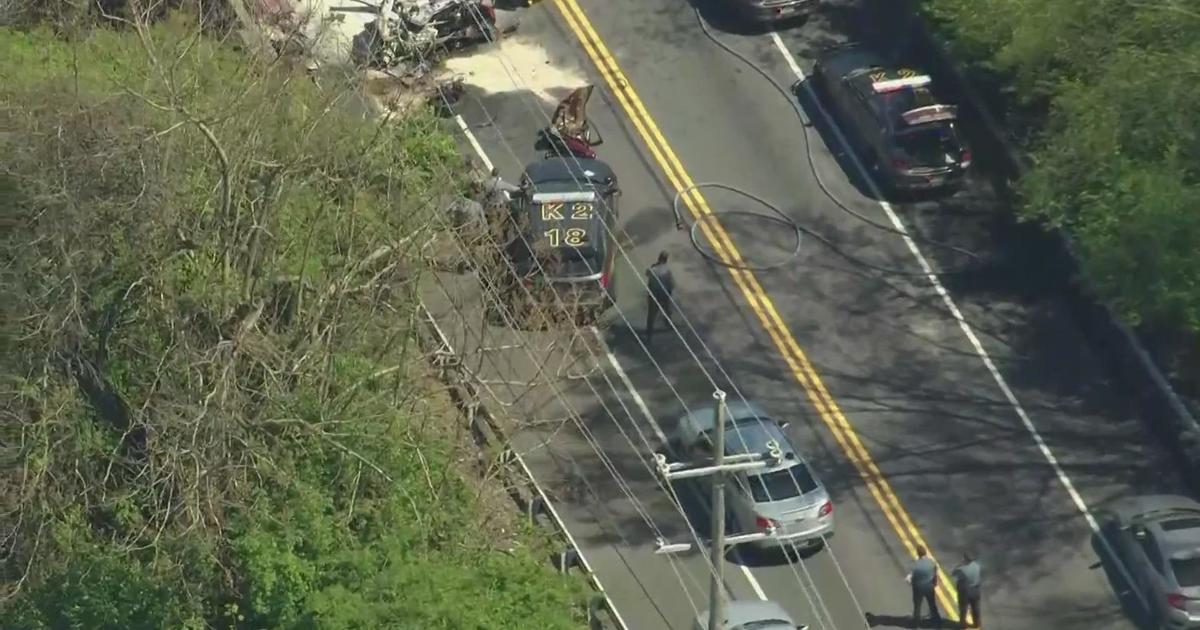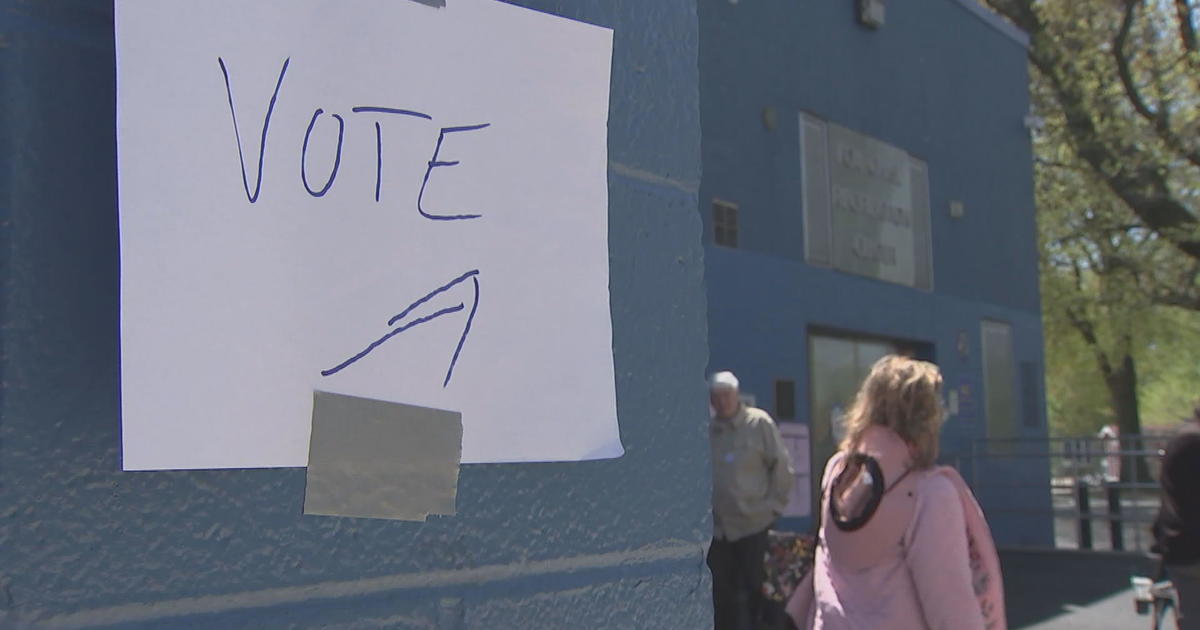Declining Bee Populations Threaten Approximately One-Third Of US Food Supply, Experts Warn
PHILADELPHIA (CBS) -- Experts have growing concerns about crop productions with declining bee populations. Federal authorities are now suspending a honeybee tracking program because of a budget shortfall.
About one-third of the American food supply depends on bees. They help pollinate many crops, but the bee population is declining.
A nature preserve in Chester County is trying to reverse that with a pollination garden to attract bees. But they'll face a new challenge as the U.S. Department of Agriculture suspended collecting data for its annual honeybee colonies report.
The report is an important tool for understanding the plummeting honeybee population.
"With the eventual loss of the bee population, what you would see is more desert than you would see healthy vibrant landscapes. Their critical impact is on the food source," beekeeper Bill Bundy said.
Scientists say bee populations have been steadily declining for more than a decade because of parasites, habitat loss and climate change.
The Obama administration launched a program to address the problem, directing federal agencies to track and preserve bee colonies, but the Trump administration is undoing those efforts by now allowing the use of an insecticide considered toxic to bees.
And the tracking database is being temporarily suspended.
"Keeping this statistical study going is very important so that we understand what's going on and you can make the resources available to try to solve the problem. You need to have a data, you need to have a database that says in fact our bees are thriving or in fact our bees are not thriving," Bundy said.
The USDA says "the decision to suspend data collection was not made lightly but was necessary given available fiscal and program resources."
CDC Warns Of Rise In Fecal Parasite Found In Swimming Pools
Saving the bees has typically been a bipartisan effort. Former first lady Michelle Obama and current second lady Karen Pence both are taking up the cause.
"One of reasons that we wanted to bring a beehive to the vice president's residence was because we wanted to help our bee population," Pence said. "It was important to us to do what we could. A lot of our crops are highly dependent on bees to pollinate."
About 80% of U.S. crops depend on honeybees for pollination, valued at about $14 billion. Items depending on bees include a variety of fruits, nuts, vegetables, cotton and other small grains.



